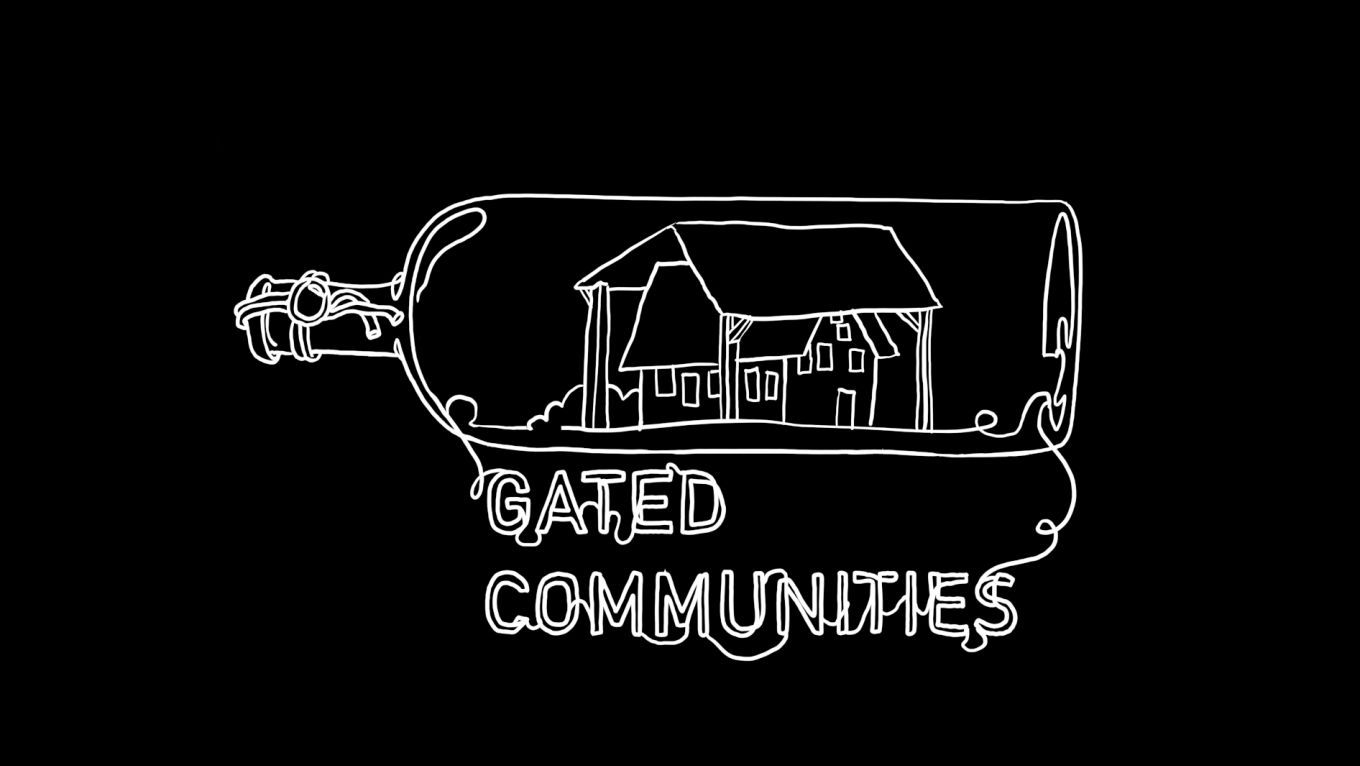Ethics, Society & Politics
Avoiding kernel panic: Europe’s biggest fails in digital policy-making
How the institutions fuck up, and how we fuck it up as well
December 27, 2015
12:45 PM – 1:45 PM Add to calendar
12:45 PM – 1:45 PM Add to calendar
Hall G
In recent years, NGOs have been struggling to defend civil rights in Brussels. As human rights defenders, it is part of our job to detect failures in the EU’s digital policy-making. But we rarely have the opportunity to explore the underlying reasons and to debug Europe’s kernel package.
In this talk, we want to analyse the EU’s biggest fails and explore the following questions: Where and why is the European Union failing? Can the EU learn from its failures? Where and what is the European digital rights movement? How do we make our advocacy more successful?
In recent months, these fails have received a great deal of attention in the press – Oettinger’s Taliban attacks, Schroedinger’s net neutrality, the cybercybercyber war and the repeated repackaging of ACTA.
It is reasonable to say that in a complex system like the European Union, system failure is a perpetual risk. However, for the defence of human rights and, indeed, many other policy issues, limiting those risks is absolutely essential. This is why we want to explore how we can gain insights and use valuable information from recent fails to fix the EU’s vulnerabilities. Most importantly, if we wish to prevent the more serious failures in the future, we need to examine how and where our advocacy fails.
Access and European Digital Rights fight for digital rights at the EU level. Although we’re detecting and fighting a large number of failures that the European Union produces with regard to digital policy-making, we’re still very far from preventing the big fails.
For instance, instead of proposing real solutions to the migration crisis, the EU’s shortsighted vision focuses on border surveillance. Instead of an urgently needed reform of Europe’s privacy rules, its governments water down the protections for their citizens. Instead of safeguarding the open and neutral internet, the EU paves the way for discrimination by the big telcos. Instead of proposing evidence-based policies, the EU is trying to justify its proposals with evidence-making surveys.
Certainly, Brussels is obscure, opaque, complicated and far away – but the decisions made there affect us all. Unfortunately, among the many reasons for a failing defense of human rights at EU-level is the political indifference and resignation in our community™, a lack of understanding of the Brussels maze, a lack of awareness of the extent to which our national governments are directly involved in the policy-making process and a lack of communication about what happens in Brussels. During our talk, we therefore want to explore the following questions: Where and why is the European Union failing? Can the EU learn from its failures? Where and what is the European digital rights movement? How do we make our advocacy more successful?
Additional information
| Type | lecture |
|---|---|
| Language | English |
More sessions
| 12/27/15 |
FOSS and hacker culture meeting the EU buereaucracy. What can possibly come out of that? We'll discuss what is involved for FOSS projects and other interested parties to get $$$ funding by the European Union. Hackers deal with rule systems and their execution. And the European Union issues a lot of rules which are executed by the "commission" and its employees. Within the Horizon2020 framework programme 80.000.000.000 Euros will be distributed towards research projects across Europe between ...
|
| 12/27/15 |
Im März 2014 wurde der NSA-Untersuchungsausschuss im Bundestag eingesetzt, der die Verwicklungen um die deutschen Geheimdienste aufklären soll. Ein Rück- und Ausblick: Was wissen wir heute, was erwartet uns noch?
|
| 12/27/15 |
Analysis of the emission scandal shaking the German automotive industry from a procedural, organizational and technical level. Includes insight into cheating for advanced managers and code extraction from ECUs from Ebay. And from Volkswagen. Initially.
|
| 12/27/15 |
Angae means "Fog" in Korean. The term is widely used in parts of custom code used by the Red Star OS. We will lift the fog on the internals of North Korea's operating system. Our talk will provide information about how privacy is invaded for all users of Red Star OS and how an operating system designed by a totalitarian dictatorship works.
|
| 12/28/15 |
Die ASYL-DIALOGE erzählen von Begegnungen, die Menschen verändern, von gemeinsamen Kämpfen in unerwarteten Momenten – eine dieser Geschichten spielt in Osnabrück, wo seit März 2014 ein breites Bündnis solidarischer Menschen bereits 37 Abschiebungen verhindern konnte und somit für viele bundesweit zum Vorbild wurde...
|
| 12/28/15 |
The techniques to control access to the Internet, and the ability to bring transparency to those processes are both continuing to evolve. We’ll give an update on the landscape of online information controls, and our ability to measure them.
|
| 12/28/15 |
After two years the fight for net neutrality in Europe about the Telecom Single Market Regulation has come to a close. In this talk we will analyse the new net neutrality law and it's consequences and we give you the lessons learned from two years of EU campaigning.
|

